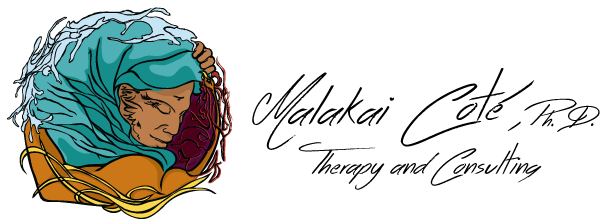Oftentimes, people can be in a rush to change, to feel better, and to emerge fresh and new. Pain can often feel excruciating, so it makes sense that people seek quick relief. In psychotherapy, some individuals experience “quick relief” because of being truly heard, experiencing genuine validation, learning tools to address specific symptoms, and possibly creating a plan to address mental health concerns. All of these factors may contribute to feelings of hopefulness, which can be an important foundation of healing. Psychotherapy can also be a process in which some things might not feel good and relieving all of the time. Allowing for therapeutic unfolding; however, may provide the space to go deeper and truly emerge changed.
What I mean by allowing for therapeutic unfolding is trusting the course of treatment and allowing space for ambiguity, messiness, and confusion. Life is not simple. People are not simple. And there are no little perfect boxes to fit into. As such, moving with and through the ambiguity/unknown places can be an important part of the therapeutic process. As I read this, it sounds kinda scary, however, rest assured that folks do not have to move through this process alone. If a person is willing to work with a mental health clinician, the clinician provides support and accompaniment throughout the entire process.
Quick fixes are often temporary solutions. As a person allows for greater therapeutic unfolding, there may be the potential to find diverse and enduring approaches to healing and change.
